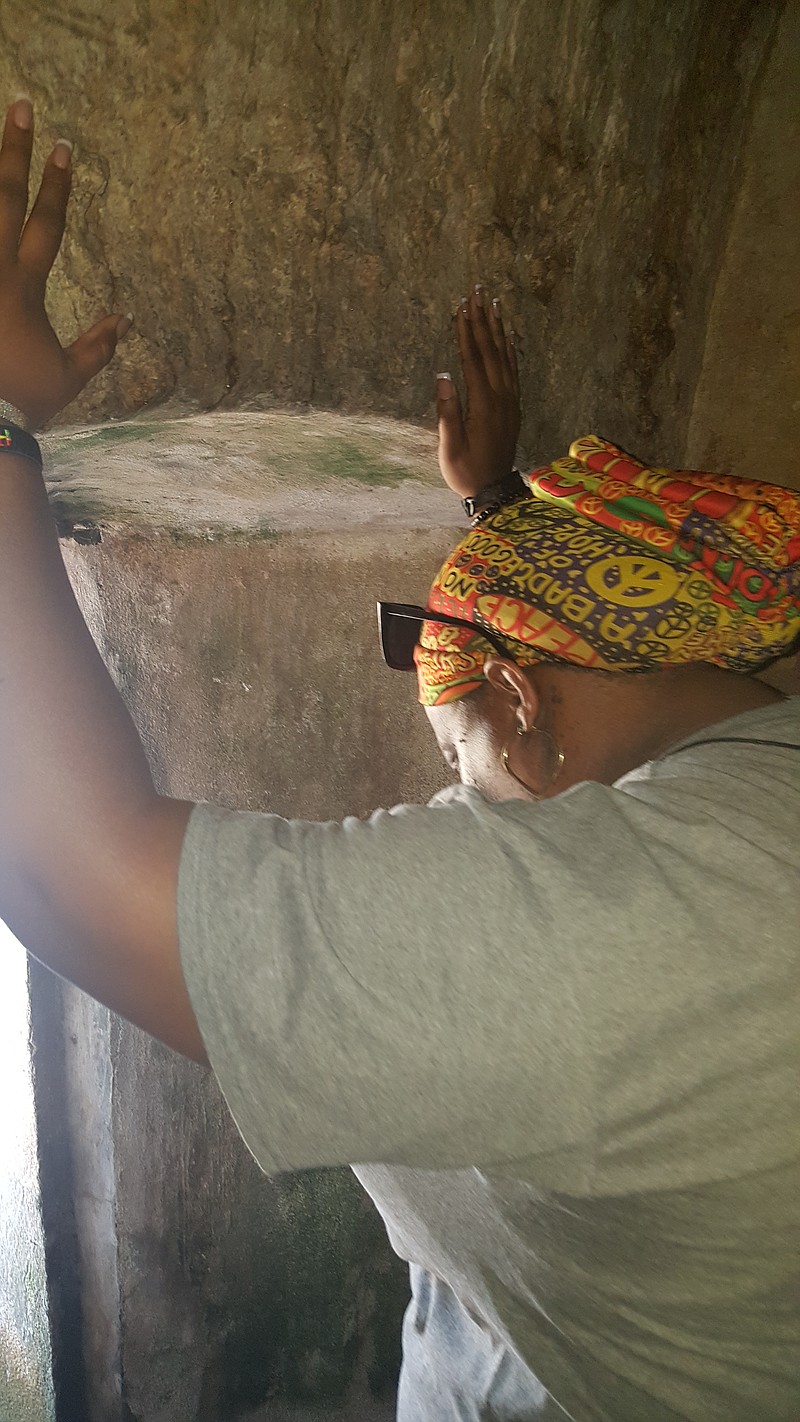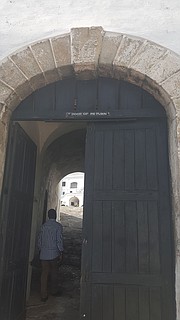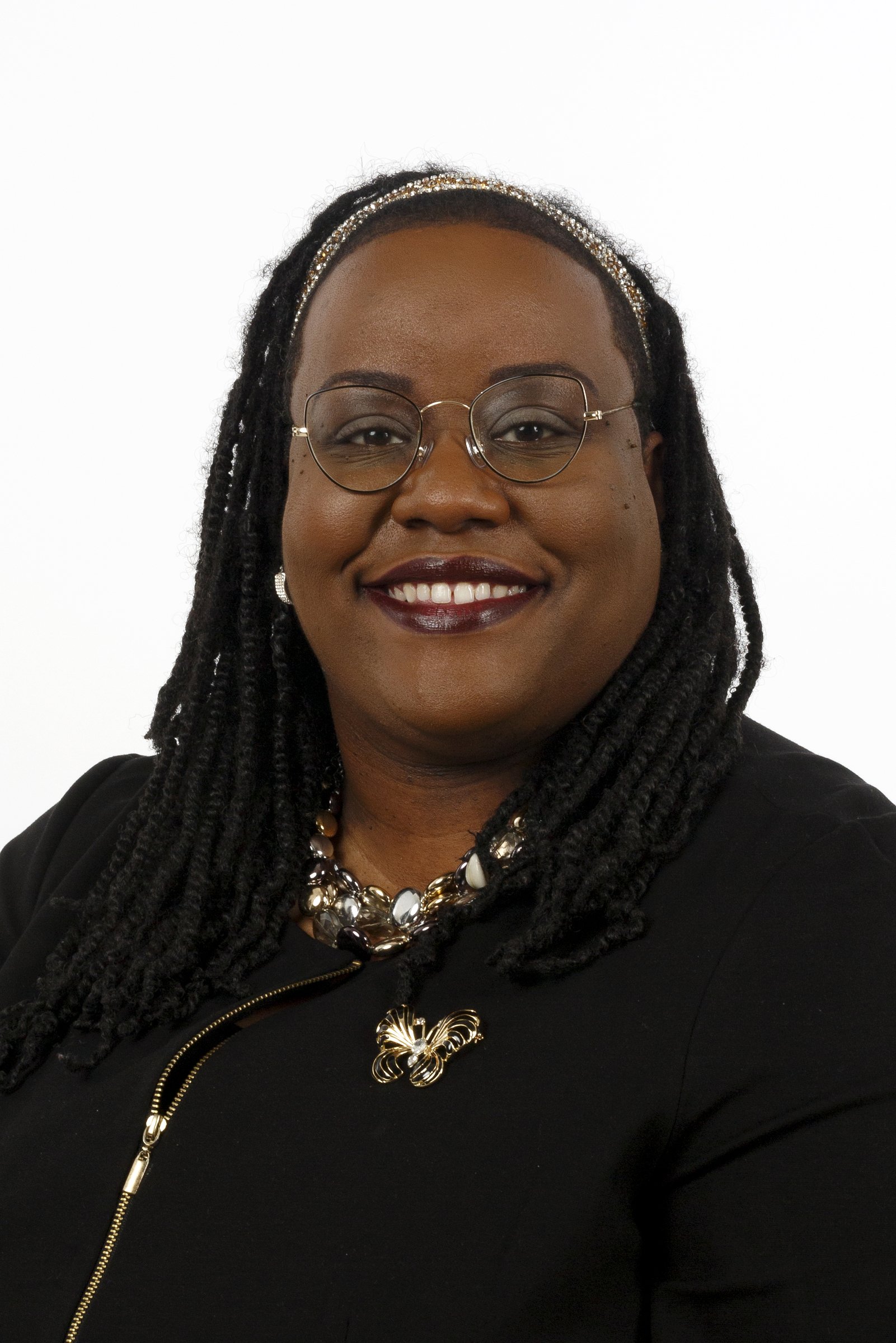[]
On a hot fall morning in Ghana, a group of friends and I embarked on a journey of a lifetime as we boarded a small Eurobus and traveled on a trip we would never forget.
We were bound for the Elmina and Cape Coast slave castles. It took us four hours to reach the castles, allowing us time to emotionally and spiritually prepare for what we would endure. Upon arriving at the coast, our bus parked and was met with many local artists and merchants looking to showcase their products.
My eyes, however, were immediately drawn to the enormous, dilapidated architecture of the first castle. Listening to the tour guide describe the horrid conditions and the religious and often political influences that governed those conditions left my eyes filled with tears.
As the tour continued, our guide, Sebastian Tetley, said, "Can you imagine being separated from your family, unable to bathe, having very little if any food provisions, having to relieve your waste while chained to hundreds of other people as you stand chained in a hot, dark, smelly dungeon not knowing what your fate holds, never seeing the outside until the day you approach a door ... ."
A door that to most of us today signifies freedom ... access to something beyond where we are, but for these Africans this haunting door, known as the "Door of No Return" signifies the moment of farewell - a final goodbye to the continent many called home.
Today this door has become symbolic for the African diaspora as a place for us to take a moment and remember the suffering and sacrifice that millions of enslaved Africans endured during the transatlantic slave trade.
To be able to not only exit through the "Door of No Return" but to re-enter through this door as a free, educated, professional, married, Christian, African American woman was by far one of the most humbling experiences that I have ever had.
As we left out of the castle I turned to look at a plaque that sums up my experience:
"IN EVERLASTING MEMORY
OF THE ANGUISH OF OUR ANCESTORS.
MAY THOSE WHO DIED REST IN PEACE.
MAY THOSE WHO RETURN FIND THEIR ROOTS.
MAY HUMANITY NEVER AGAIN PERPETUATE
SUCH INJUSTICE AGAINST HUMANITY.
WE, THE LIVING VOW TO UPHOLD THIS.
Lakweshia Ewing, the chief executive officer of Unlearn Everything and Live LLC, lives and breathes faith and work. She loves traveling the world and spreading the gospel of Jesus Christ but ultimately enjoys spending time with her husband, Julian, and family members near and far.
Year of Return, 1619-2019: Two perspectives on pilgrimage to Ghana's slave castle
In November, four Chattanooga residents traveled together to Ghana's Cape Coast, determined to deepen their understanding of the events that first brought enslaved Africans to the shores of what is now the United States in 1619. They visited two slave castles where thousands of Africans were held captive and spent their final moments on their home continent before they were forced onto ships and into fates they could not imagine.Pausing at the Door of No Return at the Elmina slave castle, Lakweshia Ewing placed her hand on the stone and prayed."Our guide was explaining how people were pushed out of that door onto ships, not knowing where they were going or if they would ever be back," Ewing said. "I just imagined their hands holding onto that rock and I held on and started to pray for the souls of those people."The 400th anniversary of the arrival of enslaved Africans on these shores felt like a crucial moment to make the pilgrimage to Ghana, Ewing said. "For us as African Americans, to be able to come back at our own choice when our ancestors were taken, we were adamant about making that part of our memories."Ewing and James McKissic shared their memories and perspectives from the trip in two essays.


